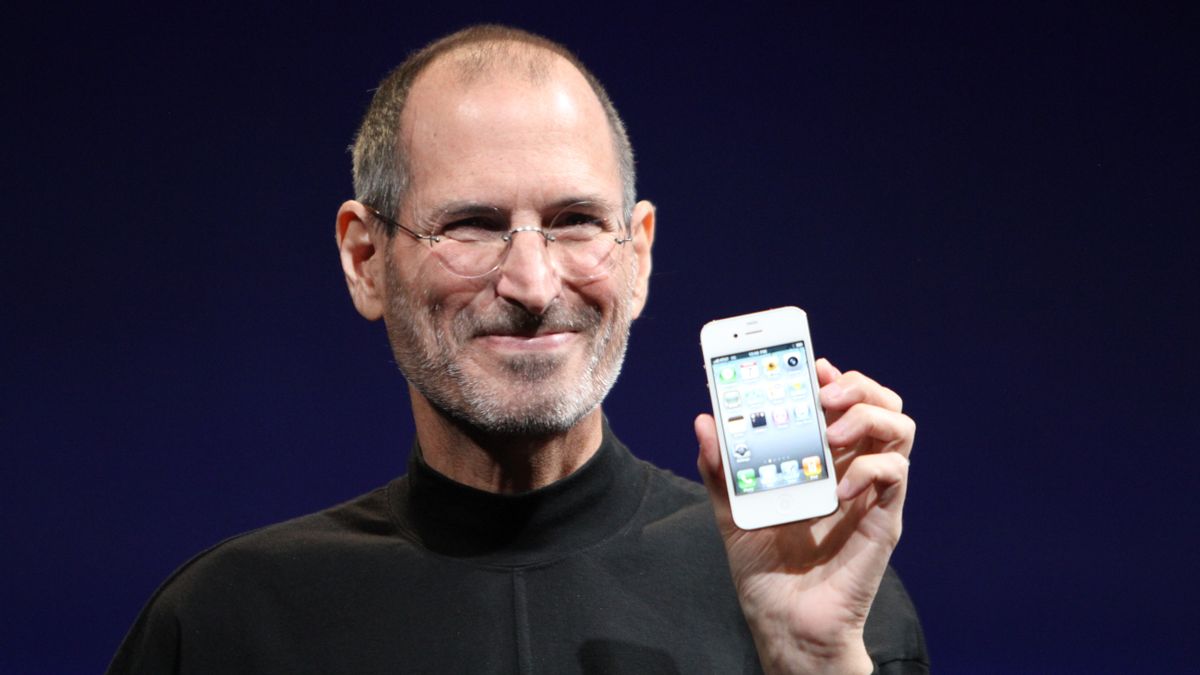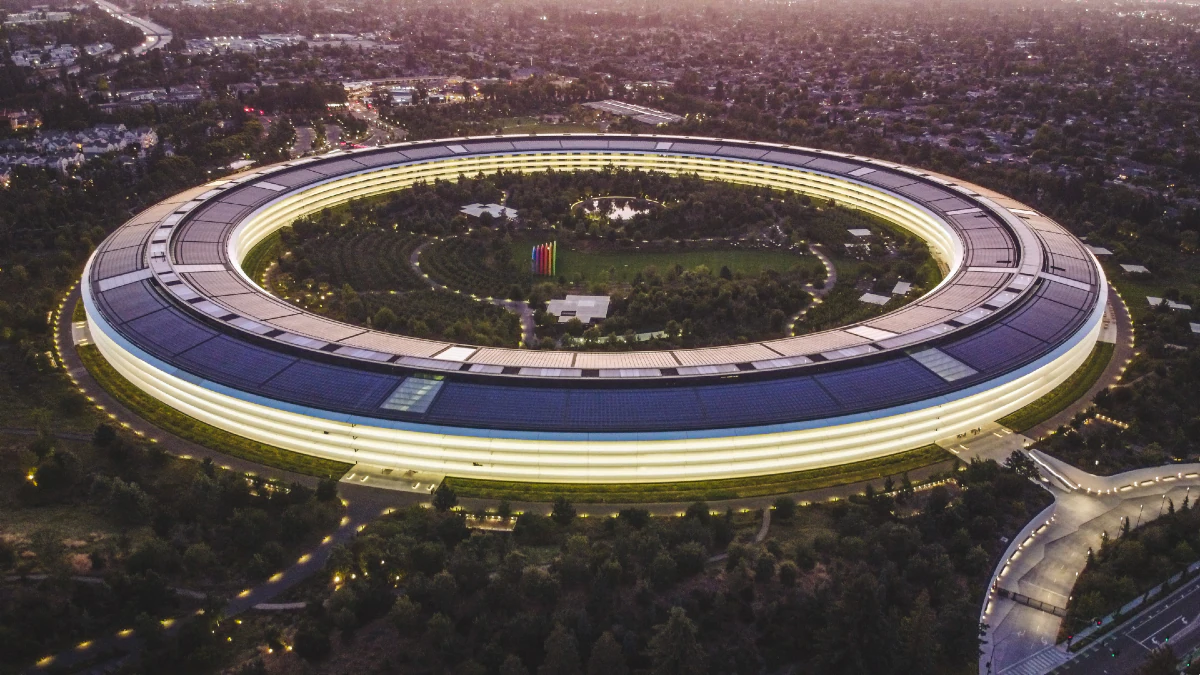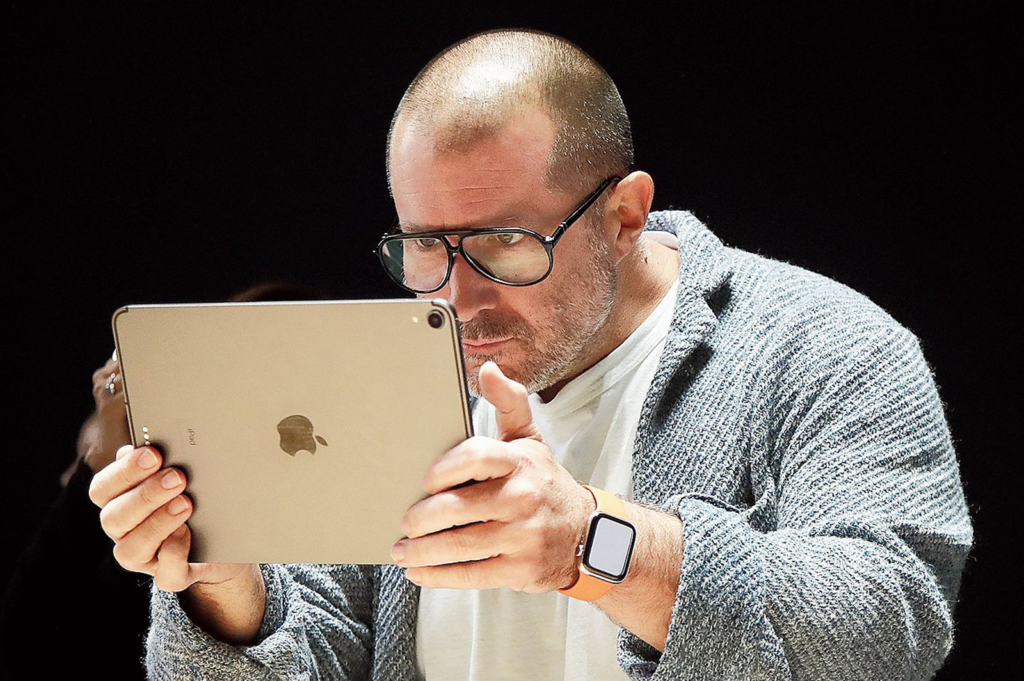Perfection. Why every Manager should Strive for it.
Perfectionism is a trait that is defined as the need and desire to reach perfection in every possible manner. Perfectionism is usually seen as a good thing. It motivates individuals to achieve their best in whatever they do. It is not always reasonable to achieve perfection because it can lead to time and resources being wasted—even if you would have ended with the same result anyway. This is often a concern managers share during the stages of product development.
Is it worth going above and beyond and trying to get your product to a state of perfection?
By examining Steve Jobs and Elon Musk, two of the most renowned perfectionists and innovators of our time, it starts to make sense why one should push their employee’s and resource capabilities to their limits in order to create the perfect possible product.
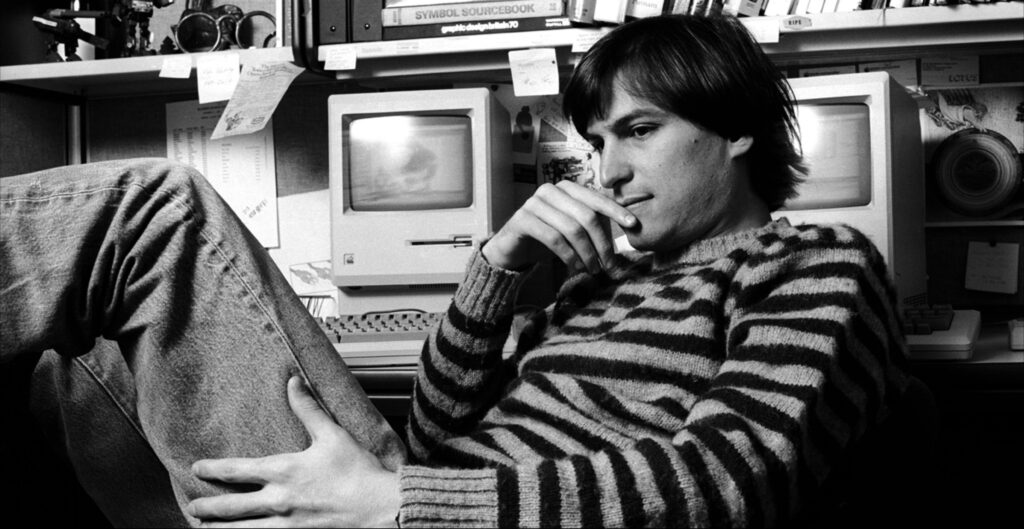
Let’s take a look at Apple, the world’s most valuable tech company. Since Apple’s inception, Steve Jobs has led the development of some of the most transformative products of the 20th and 21st century, such as the Macintosh, iPod, and iPhone. These innovative products have changed the way we live our lives and interact with technology today. Mac’s graphical user interface revolutionized the definition of personal computing, the iPod redefined how we listened to music, and the iPhone completely changed the way we interact with the internet and computers.
Without Steve Jobs’s passion to reach total perfection in his products, the Macintosh, iPhone, and iPod would never reach the scale of influence they have today. These products will go down in tech history as some of the most transformative products of all time.
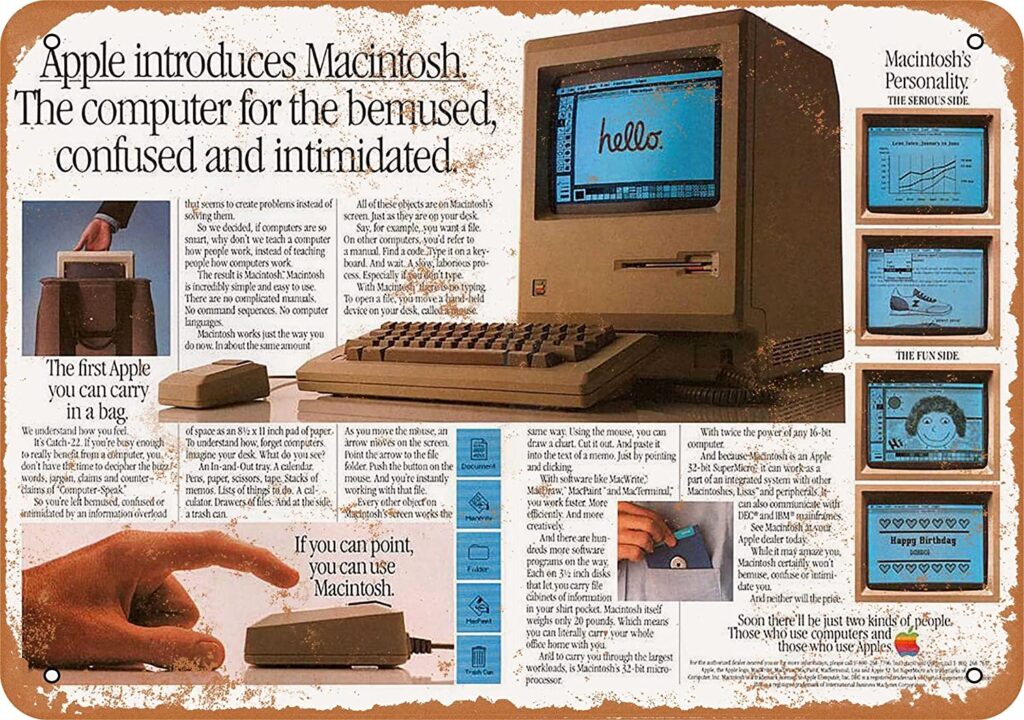
Like Jobs, Elon Musk is another innovator who strives for perfection in his products, SpaceX Rockets and Tesla EVs (Electric Vehicles). Musk calls himself a designer CEO, an engineer at heart who spends about 80% of his time focusing on the design and engineering of the product. Musk shares Jobs’ belief on the value of focusing your energy on the product over other aspects such as marketing and finances.
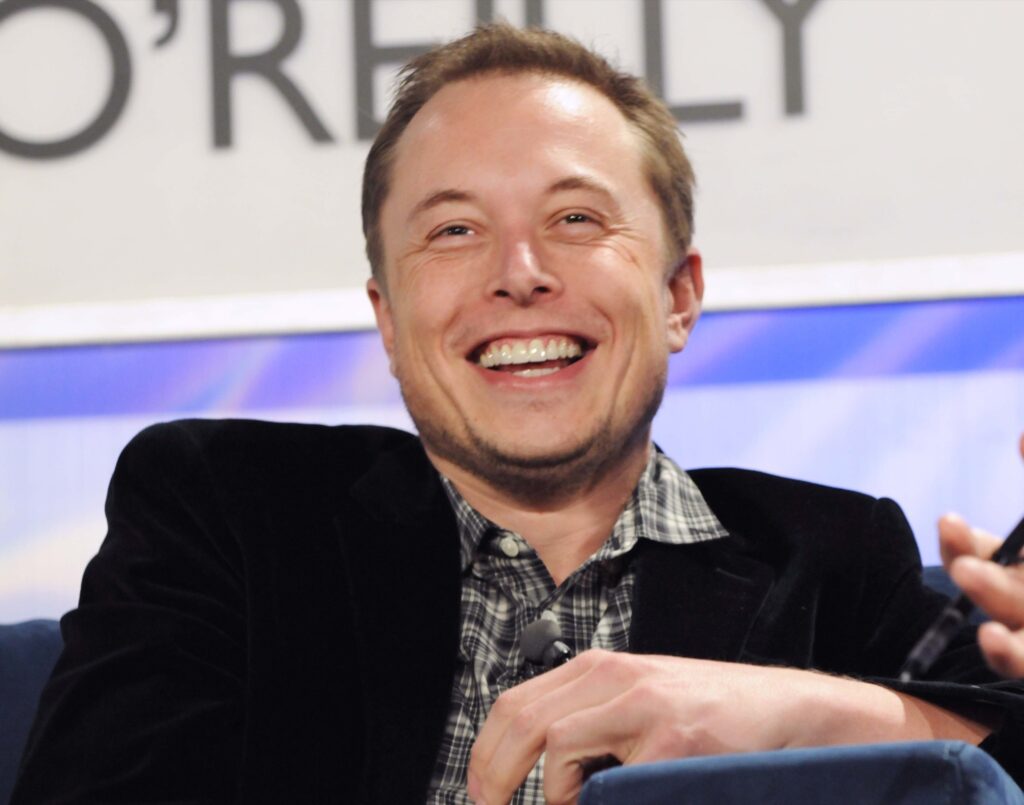
Both Musk and Jobs don’t just want to create a great user experience, implement good design, or build a remarkably engineered product. Musk and Jobs want to build the perfect product that looks and feels like is ahead of its time.
Musk and Jobs wanted to create products that drop customers’ jaws, products that instill you with a sense of wonder and amazement, products where you can feel the passion and pain that was put into creating it, and products that tap into your soul and spirit. When you experience a product created by minds such as Jobs and Musk, it feels like you are experiencing the future. Their products are so transformative that they become obsessed over, develop cult fanbases (these are your core customers, the people that create reviews and judge your product), and go down in history as products that change the way we live. That’s what Jobs and Musk desire, and there is absolutely no way to reach this level without the passion to create the perfect product.
People like Steve Jobs and Elon Musk don’t observe market trends and try to identify what the market wants. If they did, we would never get a Tesla EV or an iPhone, we would still be getting a “smartphone” with a physical keyboard on it or an electric vehicle with little to no technological capabilities. By neglecting market research and pushing for perfection, Musk and Jobs create innovative and transformative products that capture the hearts of consumers and change society for the better.

